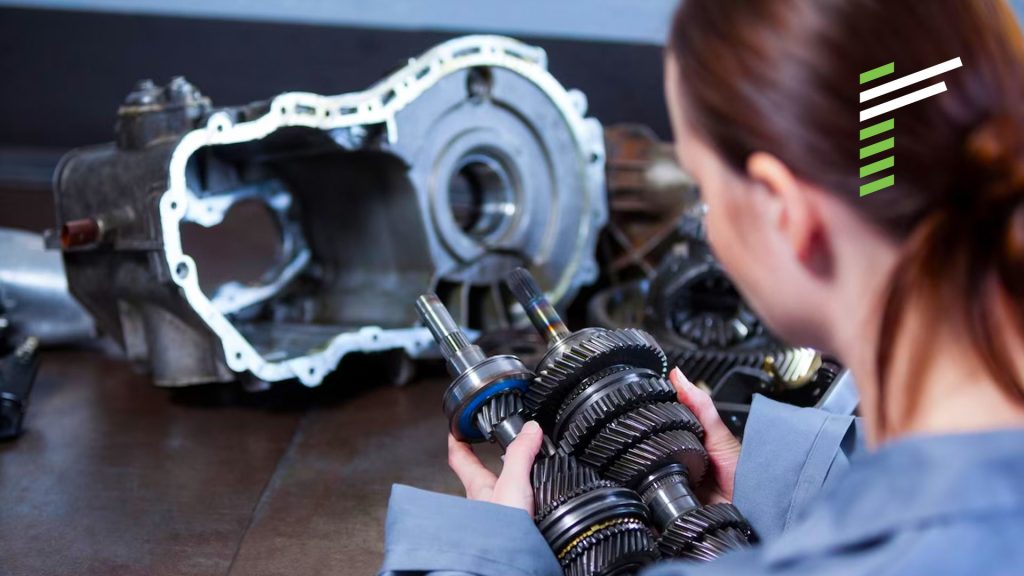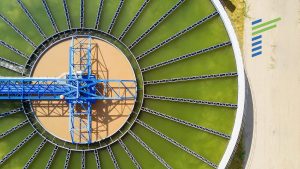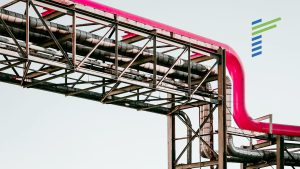At a Glance
- One of Asia’s largest automotive components manufacturers engaged Renoir to undertake a project to improve overall plant efficiency by quantifying improvement opportunities and implementing transformational changes at the shop floor level.
- Through multiple observations and data studies, our project team identified bottlenecks, gaps between observed equipment utilisation and capacity, and low compliance with existing management control systems.
- At the end of the project, we had fostered a culture of continuous improvement and achieved other significant results: effectiveness of installed management control system – 88% in the Chain Plant and 60% in the High Pressure Die Casting Plant.
Key results
High Pressure Die Casting Plant: 15% improvement in production efficiency in bottleneck sections
High Pressure Die Casting Plant: 31% throughput improvement in assembly section
Chain Plant: 6% improvement in production efficiency in bottleneck sections
Chain Plant: 9% throughput improvement in the assembly section
Return-on-investment of 4:1
Background
The auto parts manufacturing industry plays a pivotal role in the automotive industry, serving as the backbone of automobile production. Various entities manufactured auto parts, including engine components, body parts and trim, braking systems, as well as steering and suspension components.
Auto parts manufacturers continue to develop high-quality components that meet global automotive safety standards, using cutting-edge technologies such as computer-aided design.
In recent years, there have seen significant developments and growing demand in the automotive industry, particularly from emerging markets such as China, India, and Brazil. Demand for the production of new vehicles, with a preference for fuel-efficient options, is being driven by increasing government support. This, in turn, has led to increased demand for automotive parts, contributing to the anticipated growth of the global auto parts manufacturing market.
Our client is one of the largest auto components manufacturers in Asia, supplying components to motorcycle manufacturers and automotive Original Equipment Manufacturers (OEMs) worldwide. They specialise in the production of wheels, cylinder heads and blocks, oil pans and other mechanical components.
The Challenge
The company is known for its efficiency as an auto parts manufacturer. However, the senior management recognises the importance of fostering a culture of continuous improvement. They engaged Renoir to quantify improvement opportunities and implement transformational changes at the shop floor level. The primary objective was to increase overall plant efficiency.
Analysis
Renoir conducted a comprehensive two-week analysis of five of the company’s manufacturing units in its home country. The objective was to identify opportunities to improve plant productivity, ultimately leading to a higher return on investment (ROI) in installed capacity.
Key conclusions from the analysis included:
- Identified gaps between observed equipment utilisation and capacity.
- Low compliance with existing management control systems (MCS), resulting in process deviations and higher rejection rates.
- Identified potential to reduce equipment downtime by improving the short interval control system.
- The effectiveness of the shop floor management control systems was low.
In response to these findings, we outlined strategic opportunities that could improve manpower productivity and overall equipment effectiveness. Following the analysis, Renoir rolled out an implementation programme in two of the five manufacturing units – a 24-week programme in the High Pressure Die Casting Plant and an 18-week programme in the Chain Plant.

How to run effective meetings to drive operational excellence


How to run effective meetings to drive operational excellence

Ready for a change in your organisation?
Project Approach
The project kicked off with a five-week Renoir Focus Process® where our consultants analysed the existing processes and management control systems. This evaluation was to determine the desired to-be processes and systems. Through multiple observations and data studies, the project team quantified opportunities in all aspects of both plants.
The Focus Process began by comparing installed equipment capacity with actual output to identify production line constraints or bottleneck sections. Each bottleneck section identified underwent a detailed root cause analysis to quantify potential improvements.
The project team then identified and defined leading and lagging indicators, to implement effective review mechanisms. Initial analysis and studies from the Focus Process highlighted the importance of the reliability and efficiency of dies to achieve substantial improvements. Therefore, during the design and development phase, the project team focused on these areas to improve systems that would lead to increased die efficiency.
“Renoir’s unique approach not only ensured improvements in KPIs but also developed a positive change in the mindset of our people.”
Implementation
A total of 45 system elements were designed for implementation in the High Pressure Die Casting Plant and 30 system elements for the Chain Plant. The implementation phase commenced with classroom training for all system users and stakeholders, to ensure a thorough understanding of the objectives and system changes.
Here are some of the key systems and processes implemented at both plants:
- Hourly shop floor monitoring to improve equipment utilisation and manpower productivity.
- Improved mechanisms for daily and weekly production planning based on standard cycle time, along with follow-up reviews to ensure timely action on deviations.
- Improved quality parameters for early detection of defects.
- Improved reporting and review mechanisms at all levels, to ensure effectiveness for both new and existing systems.
- Installation of a maintenance management system covering both machinery and dies.
- Implemented mechanisms to encourage greater involvement of supervisors and managers, to ensure effectiveness of installed systems.
- Introduced Single-Minute Exchange of Die (SMED) to streamline die change-over in the Press Department.
The implementation of these management control systems not only ensured a systemic approach on the shop floor but also triggered a positive change in the behaviour of the people involved in the process.
Results
Chain Plant
Achieved 88%
effectiveness of installed management control system
30%
improvement in changeover times
27%
increase in die efficiency
High Pressure Die Casting Plant
Achieved 60%
effectiveness of installed management control system
3%
reduction in quality rejects
In addition to the operational evaluations, Renoir also conducted behavioural audits to determine the acceptance of the new systems within the company. At the end of the project, there was a visible change in the working culture. Prior to the project, employees were reluctant to address day-to-day issues, but the newly installed systems enabled them to proactively address these issues.
*We have intentionally omitted client-specific details to maintain strict confidentiality.
Are you looking to improve your plant’s overall equipment effectiveness










